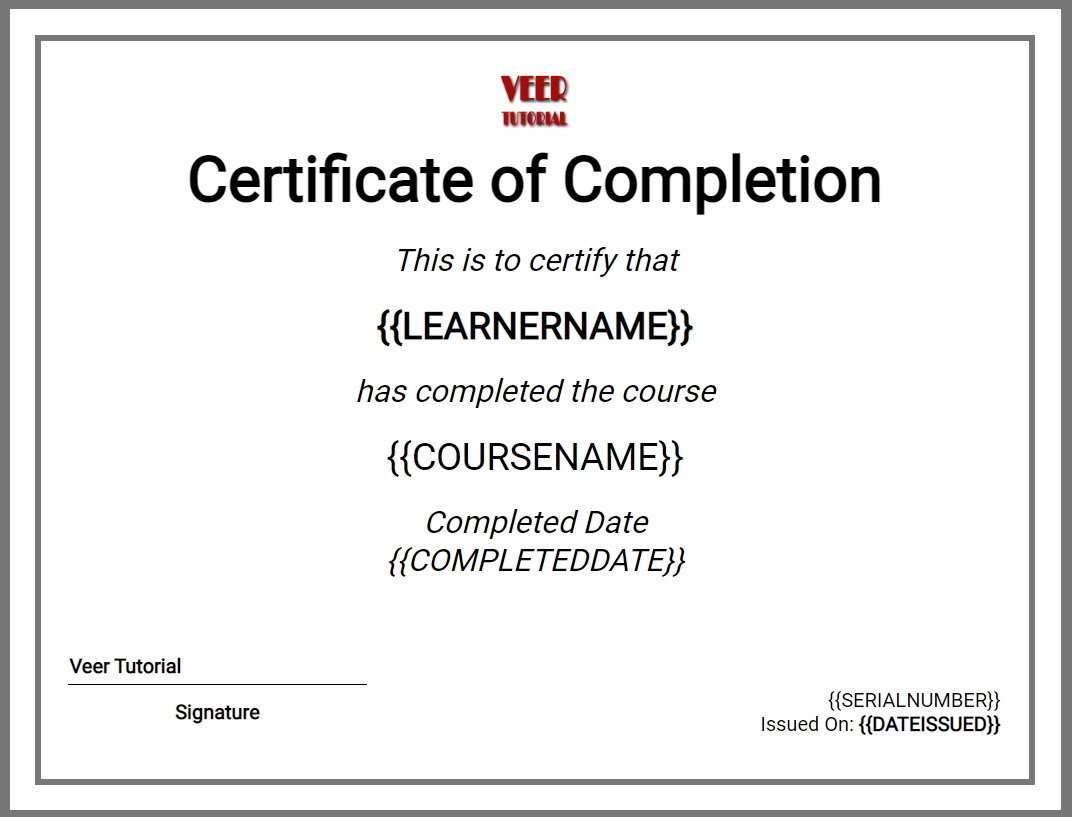About the course
Looking to advance your skills in Finite Element Analysis and simulation techniques using Abaqus software? Our online course "Mastering Abaqus" offers comprehensive training on the latest version of Abaqus software, covering topics such as stress analysis, dynamic analysis, material models, and more. With expert instructors and hands-on exercises, you'll gain the knowledge and skills needed to take your simulations to the next level. Enroll today and start your journey towards becoming an Abaqus expert!
in this course, you will learn ABAQUS from basics to advance level.
What You'll Learn
- Analysis and Engineering simulation
- non linear analysis
- Thermal Analysis
- Meshing in Abaqus
- Linear Static Analysis
- Contact Analysis
- Dynamic Simulation
Requirements:
- basic knowledge of mechanical engineering will be advantageous otherwise no specific needs
- abaqus CAE 2019 or any earlier version
Who this course is for:
- mechanical engineers
- CAE & FEA engineers
- masters graduates & research scholars
- CAD design engineers
- anyone who wants to learn ABAQUS
Features:
- in this course, we will start with a very simple analysis. after that, we will move on to more complex problems. you will get access to all the files that are used in this course along with the lectures. in case of any query, feel free to contact me anytime.
- basic knowledge of mechanics of material, machine design, finite element analysis would be advantageous. however, I will also explain basic stuff during the course
The main contentse is given below
- 1-D beam Analysis
- Linear Static Analysis
- Non-linear Analysis
- Geometric non-linearity
- material non-linearity
- contact non-linearity
- Buckling Analysis
- Heat Transfer Problems
- Conduction Analysis
- Convection Analysis
- Transient Heat Analysis Problem
- Heat Generated Due to Friction
- Dynamic Analysis
- Modal Analysis
- Frequency Response Analysis
- Impact & drop test
- safety analysis of Automotive crash box
- Debugging the ABAQUS solutions
It's important for scientists and engineers to understand how things behave under different conditions. That's why they use special computer programs like Abaqus, which can help them simulate how materials react when they are stressed, deformed, or heated. These simulations use a lot of complex math and formulas, and they are called "Finite Element Analysis" or FEA for short. Within FEA, there are many different types of analyses, such as stress analysis, strain analysis, deformation analysis, and nonlinear analysis. There are also different ways to look at how things move, such as dynamic analysis, explicit dynamics, and implicit dynamics. To make sure the computer simulations are accurate, scientists and engineers use something called "material models," which are like rules that describe how a material will behave in different situations. They also use "contact analysis" to see how different objects interact with each other, and "fracture mechanics" and "fatigue analysis" to study how materials break down over time. Another important type of analysis is "heat transfer analysis," which helps scientists understand how heat moves through materials. When multiple types of analyses are combined, it's called "Multiphysics simulations." To create the simulation, the computer needs to divide the object into many tiny pieces called "meshing." Before starting the simulation, the computer needs to be told what to look for. This is called "pre-processing." After the simulation is run, the results need to be analyzed, which is called "post-processing." Scientists and engineers use the results to find ways to make things better, faster, or stronger. This process is called "optimization." These computer simulations are used to study a wide variety of things, from the structure of buildings and bridges (called "structural mechanics") to how air moves around airplanes (called "computational fluid dynamics" or CFD).
Abaqus software is a powerful tool for conducting Finite Element Analysis (FEA) simulations of mechanical components and assemblies. Students can get started with the software by downloading the student version, which offers access to Simulia Abaqus and all of its features for free. To get started with Abaqus, it's important to become familiar with the software's documentation and the Computer Aided Engineering (CAE) interface, which allows for easy modeling and analysis of mechanical systems. Fortunately, Abaqus offers many tutorials and guides to help new users get started, including a complete Abaqus tutorial for mechanical engineers. By following these tutorials, students can gain a deep understanding of Abaqus software and how to use it effectively to solve complex engineering problems.

